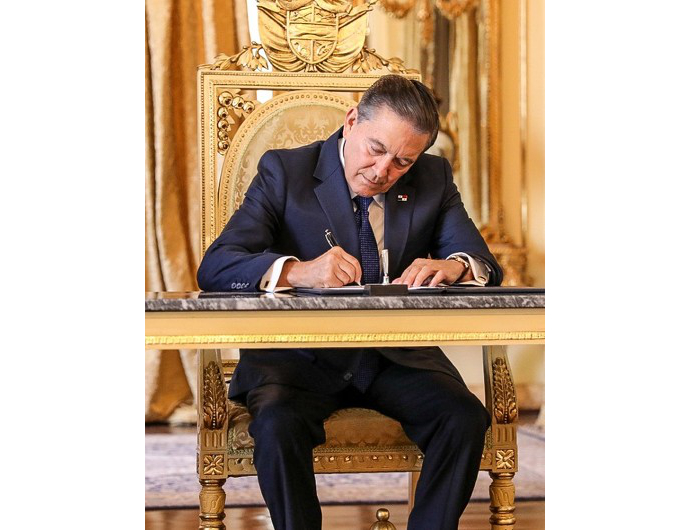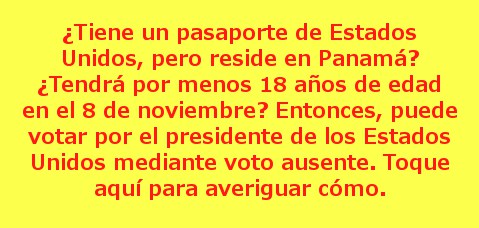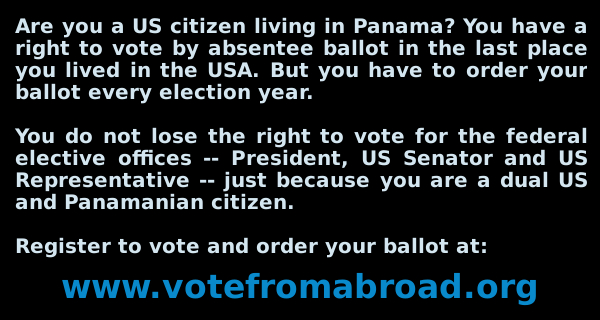What will, and what should, President Cortizo sign? Photo by the Presidencia.
Nito should sign one part of
Law 91 and veto another
Under Panama’s constitution presidents have partial veto powers. That’s a good feature that should be kept in any new constitution. But although it discourages many sorts of toxic amendment games in the legislature other games can still be played.
We can look at Law 91 as an indicator of San Miguelito’s political malaise. The place has little in the way of a productive economy it can call its own. Is started way back when as a shanty town where the road out to a then new Tocumen Airport intersected the Trans-Isthmian Highway, and is now a sprawling urban district. It has a commercial life and public services of its own but is still largely a bedroom community for people who work for the canal or in the capital city. Criminal gangs exercise inordinate power there, including within the PRD. So from time to time the PRD gets thrown out of office there, usually to be replaced by equally sordid politicians.
Were San Miguelito’s legislators to be elected from single-member circuits, the city’s delegation in the National Assembly would look much different. That is not the case, but voters tired of the corruption and demagoguery threw out a bunch of incumbents there last year and an independent was San Miguelito’s top vote-getter. Now one of the recurring themes in the assembly is the PRD trying to discredit the independents.
So Gabriel Silva, an independent, proposed a law to lengthen, and in the most severe cases to remove, statutes of limitation in cases of sex offenses against minors. It also contained harsher penalties for many of these offenses.
The politics of longer prison terms under harsher conditions as a one size fits all solution to the various problems is an ugly and expensive notion that also does little to reduce crime. It might be politically unpopular to veto that part of the law, but harsher penalties are disposable and in light of budget limitations a veto might be defended.
However, in sex offenses against minors quite often an offender who is in some position of authority or apparent authority in the eyes of a child will intimidate the victim into silence. The elimination of statutes of limitation in such cases reduces the effect of such intimidation and gives the violated child a greater chance in his or her life to see justice done.
Such were the considerations of the law as originally proposed. But then three San Miguelito deputies, Leandro Ávila and Zulay Rodríguez of the PRD and Corina Cano of the PRD-allied MOLIRENA, added a last-minute amendment. Their change was a revision of Article 65 of the Penal Code, which is about criminal sentencing. The deputies from San Miguelito would require community service instead of prison in all sentences for first-time offenders of five years or less. As a practical matter it would mean that most “white collar criminals” would be immune from prison. For example, if ever the legislators who stole from the Panama Sports Institute are brought to justice. It would be a get out of jail card for most of the very few money launderers ever held to account. The same with public officials who take bribes. The whole PRD and MOLIRENA caucus went along with the amendment, with vocal opposition from the independent and Panameñista caucuses and silent appreciation from the Martinelli gang.
From the hard left to the Chamber of Commerce, there is a great public hue and cry against the PRD caucus’s amendment, calling for the president to use his partial veto power to strike out that provision that would change Article 65.
Nito cryptically said “I’m not going to sign any law that benefits any type of crime.” Still the protests and petitions go on, because nobody is completely sure of what he means.
The president SHOULD sign that part of Law 91 that eliminates or extends statutes of limitations for sex offenses against kids. He should veto the San Miguelito deputies’ amendment, and perhaps other parts of that law as well.
US citizens living abroad: register and vote this year
US citizens 18 and old can generally vote from abroad, by absentee ballot in the last place in the USA when they lived. Federal law creates this right. One of the federal provisions is that you must request your absentee ballot — in effect re-register — every election year.
Voting rights are subject to some states’ rules like ID requirements, bans on voting by convicted felons or those who owe debts to state or local governments and inconvenient demands to send in ballots by snail mail even from countries where it’s impractical. Plus, as we have seen, there are some state or local officials who will flout the law to disenfranchise people however they might do so. But there are also groups like the Brennan Center and the American Civil Liberties Union fighting to defend the voting rights of overseas Americans.
There are two major and up-to-date online services through which you can register to vote and order your ballot from abroad. These will generally help you navigate through the maze of states’ voting rules. Click on one:
Vote From Abroad
Federal Voting Assistance Program

I am going to fight capitalism even if it kills me. It is wrong that people like you should be comfortable and well fed while all around you people are starving.
Sylvia Pankhurst
Bear in mind…
Everybody is unique. Compare not yourself with anybody else lest you spoil God’s curriculum.
Rabbi Yisrael Baal Shem Tov
Without deviation from the norm, progress is not possible.
Frank Zappa
If you want to know what God thinks of money, just look at the people he gave it to.
Dorothy Parker
Contact us by email at fund4thepanamanews@gmail.com
To fend off hackers, organized trolls and other online vandalism, our website comments feature is switched off. Instead, come to our Facebook page to join in the discussion.
These links are interactive — click on the boxes













